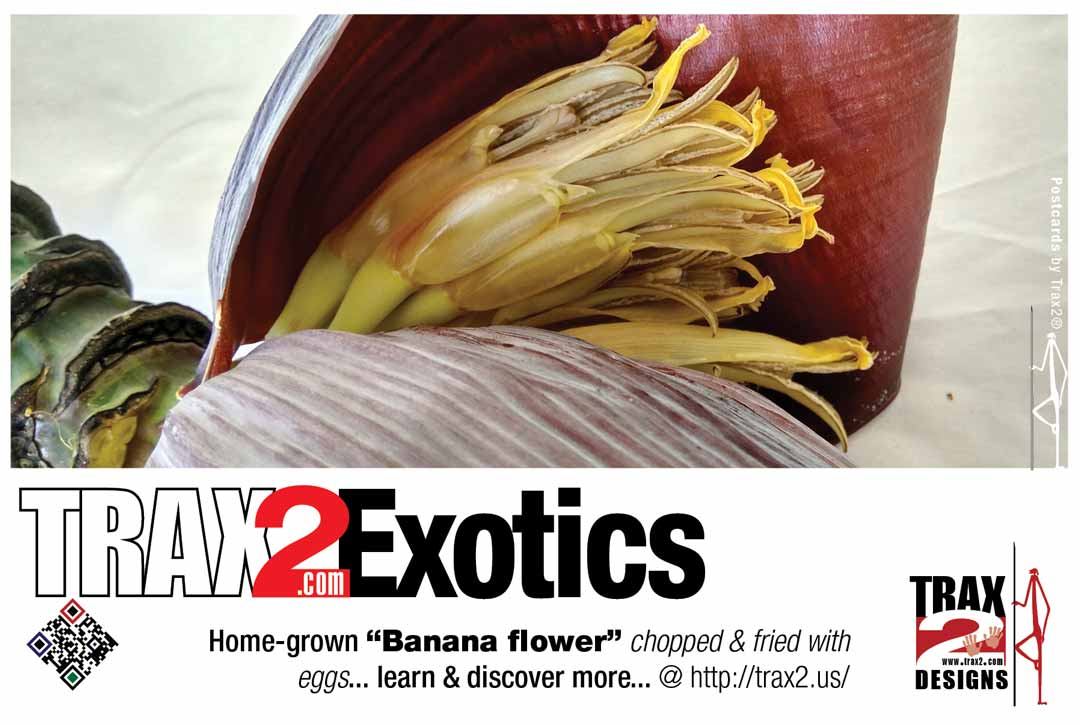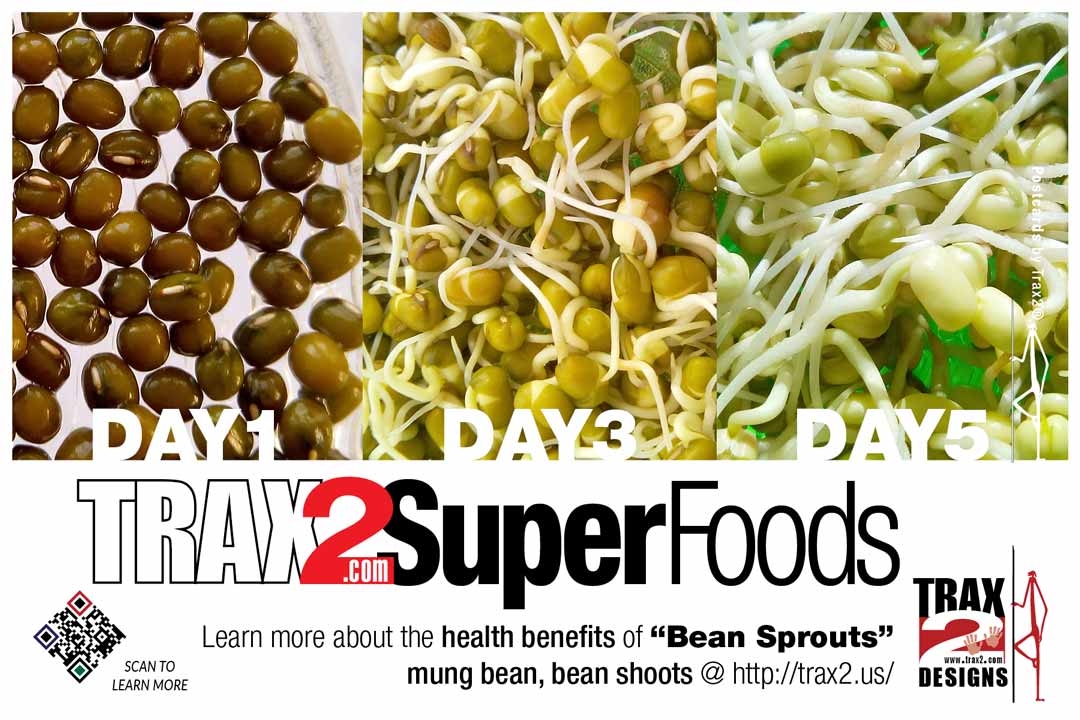The abiu fruit (botanical name Pouteria caimito) is an exotic fruit tree that has been grown in Far North Queensland Cassowary Coast Region and around the Innisfail area since the 1970s

The abiu fruit is a native of the Amazon region of South America, abiu (pronounced Aa-be-you) belongs to the Sapotaceae family and is commonly found in Brazil, Colombia, Peru, and Venezuela.
The abiu fruit has a roundish oval shape, about the size of a peach, with a pointy end. In some varieties, the pointy end is larger and protrudes like a nipple!
The skin of the abiu fruit is smooth and shiny, dark green when it is immature and turns into a brilliant golden yellow color when the fruit is ripe and ready to be picked.
Visitors to Innisfail sometimes misidentify the abiu fruit as mangoes because of the similar bight yellow skin. However, the abiu has its own amazing taste unlike any other fruits.
Time to travel China with the visa free travel for all Australians but before heading off get this absolute game-changing travel and home 100w charger, the Ideal Camping Tool and the most useful bit of travel kit you want on any “road-trip”
Eating abiu fruit
Abiu is usually eaten fresh. You just cut the fruit in half length-wise and use a spoon to scoop out the soft flesh inside. A ripe abiu has a very unique taste. The creamy white flesh is extremely delicate, lightly sweet, with a strong hint of caramel and vanilla.
Some people describe the flavor as similar to a cr?me caramel flan! Each fruit typically has one or two black oblong-shaped seeds. The peel of the fruit is not edible. It contains a gummy latex sap that could make your lips? stick together! Don?t worry, it only happens if you bite directly into the fruit. The peel (where it is cut) also turns brown immediately when it is exposed to air.
 The abiu fruit is best enjoyed when it?s chilled. It?s delicious when added to yogurt or mixed in a fruit salad.
The abiu fruit is best enjoyed when it?s chilled. It?s delicious when added to yogurt or mixed in a fruit salad.
In Australia some creative chefs at fine restaurants make a delightful abiu sorbet by combining the fruit with coconut milk and pure cane sugar.
However In Latin America, people make ice cream, as well as other delectable dessert treats like fruit tarts and cakes, with abiu.
But eating it fresh is the most preferred way. Some resorts in Mission Beach serve abiu to their guests at the breakfast buffet, along with other usual tropical fruits like papaya and pineapple.
As with the Purple Star apple (another exotic tropical fruit grown in the Cassowary Coast), abiu is rarely seen for sale at supermarkets. You have more luck finding the fruits at local farmers markets (like the Sunday Monster Market in Mission Beach) or sometimes in the organic fruit/vegetable section at local heath food stores.
Abiu is gaining more popularity as more locals and visitors experience this exotic fruit and enjoy eating it.














